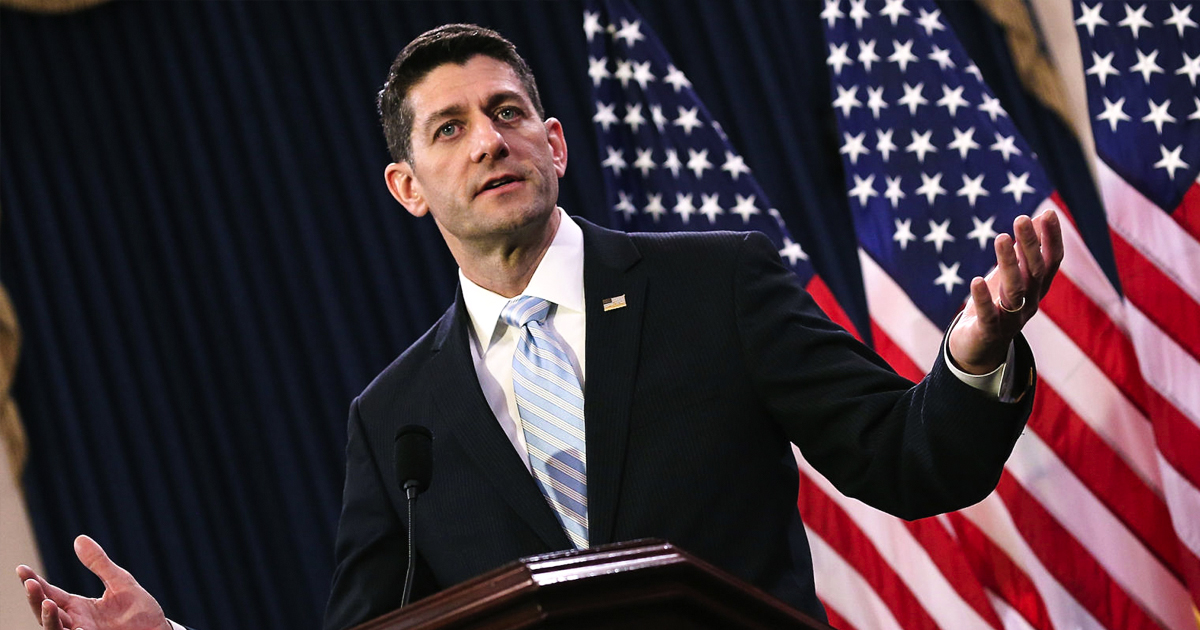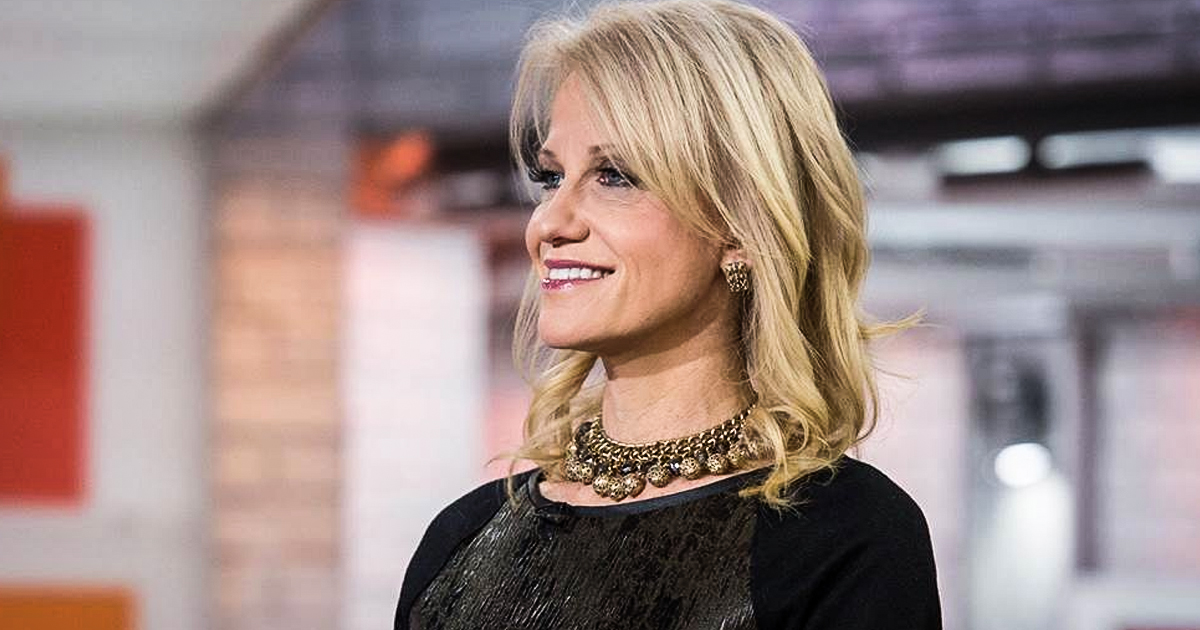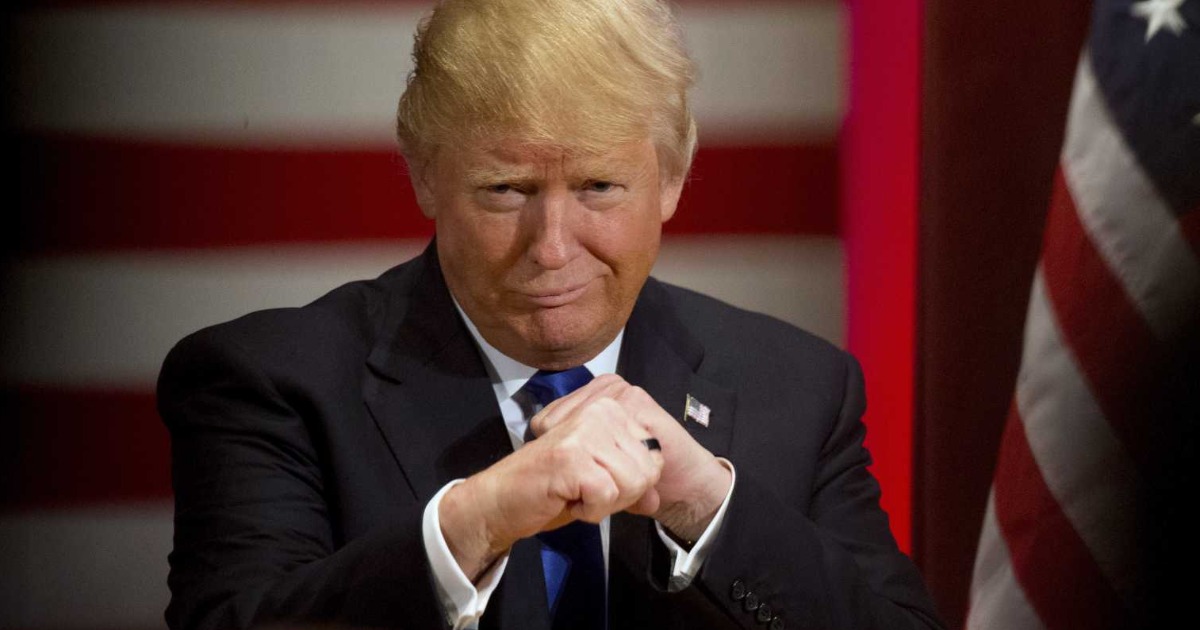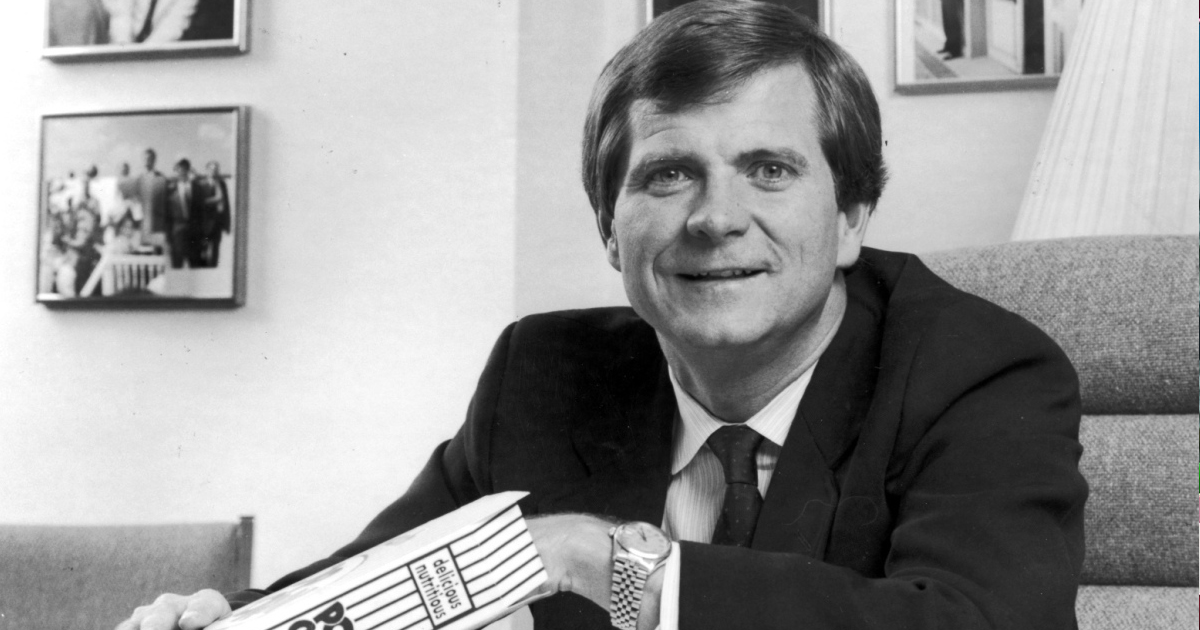Speaker of the House Paul Ryan has not stopped talking about repealing the Affordable Care Act, even as Republicans are getting trashed at town hall meetings over this idea. But there’s a reason Paul Ryan won’t let it go – it’s making him a lot of money. Richard Eskow, host of The Zero Hour and a fellow at the Campaign for America’s Future – and now a contributor at the Center for Media and Democracy joins Ring of Fire’s Farron Cousins to explain.
Transcript of the above video:
Farron: Richard, I follow Paul Ryan very closely on Twitter. As best I can tell, at least for the last month, this man has not tweeted out anything that has not been about repealing and replacing Obamacare. Now, in the beginning, people would say, ‘Okay, well, yeah, that’s a great idea,’ but now, almost every response this guy gets is, ‘What’s your plan? Stop talking about it. You’re tweeting the same thing every day, you’ve got nothing new, let it go.’ But Paul Ryan doesn’t want to let the Affordable Care Act repeal go because there’s a lot of money in this for him. Isn’t it?
Richard: Well, there is a lot of money. The thing that people don’t realize necessarily about Paul Ryan, because for some reason the media likes to promote him as being some kind of a policy wonk or policy expert, but he doesn’t have any policies that really make sense. What he really has is strategies for raising boatloads of money and he’s very, very good at that. He’s raised a ton of money by threatening to repeal the Affordable Care Act, he continues to raise a ton of money that way, and it’s politically popular among some of his base, so he keeps saying, ‘Repeal, repeal, repeal.’ But he doesn’t have any plan other than as long as he keeps healthcare in the discussion, he can raise tons of money from people who are in the healthcare industry, and that’s exactly what he’s been doing.
I work with the Center for Media and Democracy and we obtained an invitation he sent out for a fundraiser he had a couple weeks ago, for what they called, ‘The physicians and dentist industry.’ Now, you and I might think that physicians and dentists are people that are there to help other people, but to certain physicians and dentists and business people around them, it’s a business. So he raised, presumably, a lot of money because for some scrambled eggs and coffee at a Republican club in Washington, D.C., it cost $10,000 to be a sponsor, $5,000 to be a host, $2,500 if you’re a PAC, and $1,000 per individual. So this guy, and this is just typical of what they’re doing, they’re raising money like crazy by keeping this issue in the news.
Farron: One other thing that’s really interesting about this meeting that you wrote about is the fact that a lot of people in the healthcare profession actually like the Affordable Care Act. When people have insurance, it means that their bills are most likely going to be paid, at least partly, from the insurance. I’ve spoken to a lot of doctors, too. They say, ‘This is great. We don’t have to worry about bills not being paid.’ But, the aside, the other side of this, the Paul Ryan fans are the ones who have had, I guess, not necessarily their salaries limited, but there are provisions within the Affordable Care Act that say, you cannot perform unnecessary testing, you can’t overcharge. We have to negotiate prices to an extent, I guess, and those are the people that showed up to Paul Ryan’s meeting in early February, aren’t they?
Richard: Yeah, they are, I would assume. I mean, it’s all done in secret, the way these guys always operate, but the healthcare economy — and it is an economy — it’s got its winners and losers. Let’s take Tom Price. Tom Price, a key party Republican Congress member, now the Secretary of Health and Human Services, and he’s an orthopedic surgeon by background. Now these are the guys who make a ton of money if you let them just charge whatever they want and treat as often as they want. There are all sorts of studies that show that there are a lot of unnecessary orthopedic surgeries being performed. So something like Medicare, for example, looks at that, something like the Affordable Care Act puts some rules around that, and they charge a fortune for what they do. So guys like that would love to see Medicare abolished, which is part of Paul Ryan’s agenda. He says, ‘No, we’re not abolishing it, we’re replacing it with vouchers,’ but they’re abolishing it. And they would love to see the ACA not get involved in trying to come up with a more rational way of paying doctors.
My strong suspicion is that these guys and the dental surgeons and people like that, they’re the ones who are backing Paul Ryan because they don’t want anybody to interfere with their ability to get rich at your expense and using your body to get rich off of.
Farron: Yeah, because you’re average family doctor, the guy you go see in the office down the street, pediatricians, ER doctors, they’re happy with this. They enjoy the fact that they don’t have to worry whether or not somebody coming in is able to pay their bills … They certainly wouldn’t necessarily refuse treatment to these people, but in the past, those expenses from the bills not paid are eaten by the U.S. taxpayers. So these people are very happy with this. Taxpayers are happy that we’re not having to foot the bill for people who can’t afford health insurance anymore.
But it’s the specialists, the people who you don’t necessarily have too much of an option for, so they can charge whatever. There’s not a lot of competition in those fields, especially for smaller areas in this country. You may only have one orthopedic surgeon for 50, 75 miles around you. You have to go to that guy if you want it done. So yeah, they jack up the prices, there’s no competition, that’s basically how the free market works.
Richard: And they don’t just … And of course, we don’t want to tag all of the surgeons and specialist this way because a lot of them are good people, but here’s the study I love to quote that was done about 10, 15 years ago, but it keeps getting repeated. Done at Dartmouth and it shows that it’s not just what they charge, it’s what they do to your body. It shows that cardiac surgeries, the rate of cardiac surgeries for the same condition, varies from zip code to zip code, county to county. It doesn’t vary based on how sick people are, it doesn’t vary by anything that it might indicate whether or not they need surgery, it varies by the number of cardiac surgeons there are in that county. Meaning that the more there are, the more they want to do this procedure and produce revenue, that suggests really strongly, and the authors of the study concluded this, too, and the authors of the study were also doctors and economists, they concluded that people, surgeons would drum up their own business. You go to cardiac surgeon, he’s likely to tell you you need surgery, whether — or she — whether you do or not.
I’ve been through it myself. I’ve had spinal cord surgery that I urgently needed, but also went to a surgeon, orthopedic surgeon, last year for bad rotator cuff, and he said, ‘Try physical therapy.’ He could have made some good money, but that was a guy with integrity. A lot of them don’t have that integrity, and people are suffering pain and endangering their health because it’s always dangerous to do surgery, because of the financial incentives being broken. That’s what these guys are fighting to protect, including Paul Ryan.




